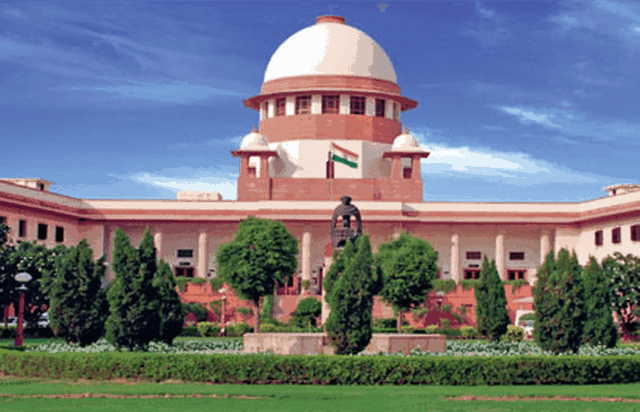Supreme Court of India Refuses to Grant Temporary Stay Against RBI’s Banking Restriction

The Supreme Court of India has refused to grant temporary stay against the Reserve Bank of India’s (RBI) banking restriction on cryptocurrencies.
The case, which is currently in progress, was filed by the Internet and Mobile Association of India (IAMAI) which had filed a written petition against the RBI in May.
In its petition, the body had asked the apex court to put a stay order on the directive of the RBI. It’s also worth noting that an association called Digital and Blockchain Foundation of India was formed last year by several cryptocurrency companies of our country, and later this association was merged into IAMAI. Therefore, it was natural for IAMAI to come out against this directive of RBI, which has happened.
However, it is important to understand that what this means: There will be plenty of reports and rumours that will state with complete conviction that this means it is a blanket ban. IT IS NOT.
Firstly, this decision of the Supreme Court is not the be all and end all of the cases that are pending with the court. There is still one more that will be heard on July 20.
Secondly, the government backed-committee which has the Secretary of Economic Affairs, Subhash Chandra Garg, at the forefront, recently said that the draft for regulation on cryptocurrencies is almost ready and will be released in the next couple of weeks.
Until the regulations are ready and the matter is completely deposed of, there will be no finality on the fate of trading, yet. However, as multiple exchanges have reminded us, bank operations may be affected or come to a standstill as July 5 draws to a close.
To recap he had said, “We are fairly close to developing a template (for the use of cryptocurrencies) that might be in the best interests of our country. We have moved pretty far in this regard, and we have prepared a draft that entails what parts of this businesses should be banned and what should be preserved. This should be discussed by the first week of July and we should wrap this up within in the first fortnight of July.”
Given the way, Aadhar linkages are still not compulsory since the matter is still subjudice, we can expect something similar along those lines.
Nic info @neeravkr04
https://steemit.com/cryptocurrency/@mayankpatel9998/bitscreener
Its not good
Hi! I am a robot. I just upvoted you! I found similar content that readers might be interested in:
https://www.crypto-news.in/news/writ-petition-filed-rbi-time-internet-mobile-authority-india-iamai/
Very nice
Bitcoin will be regulate soon in india